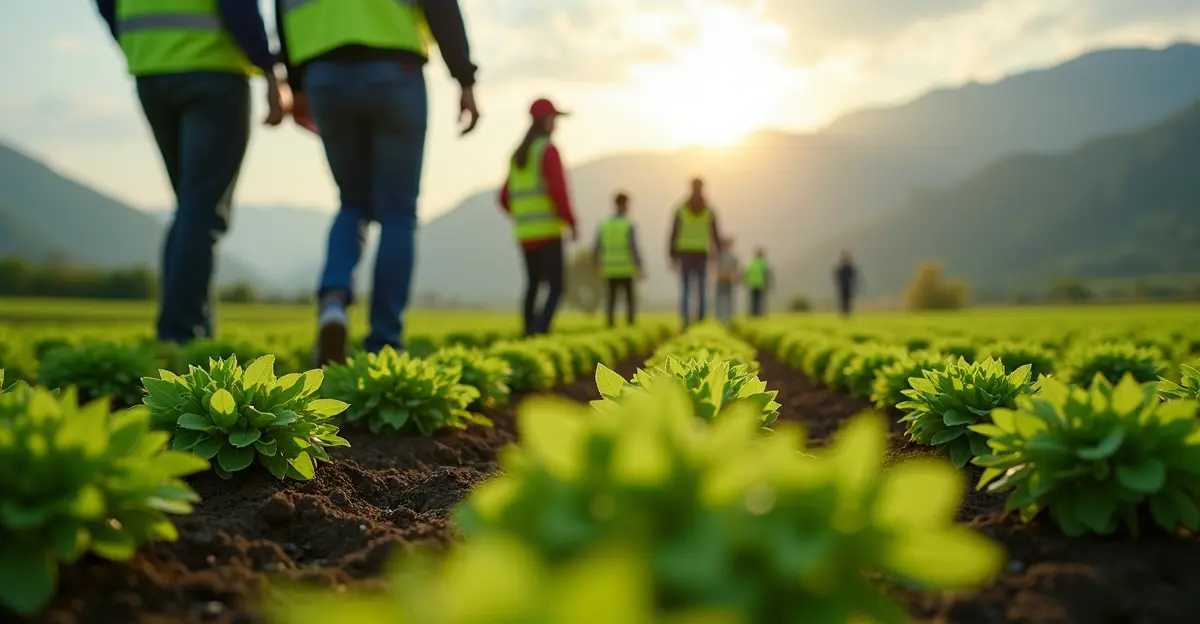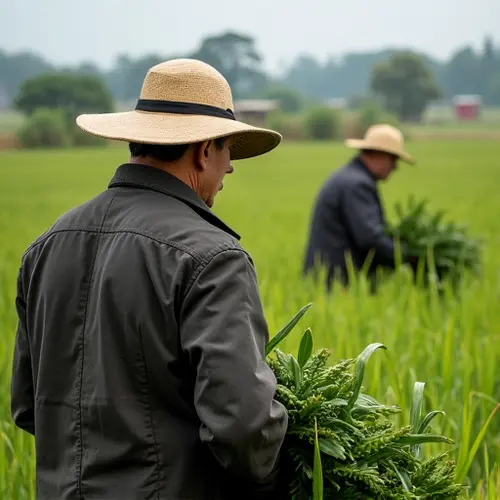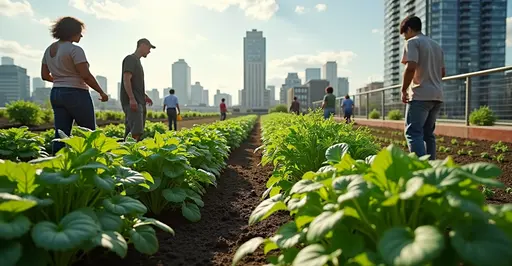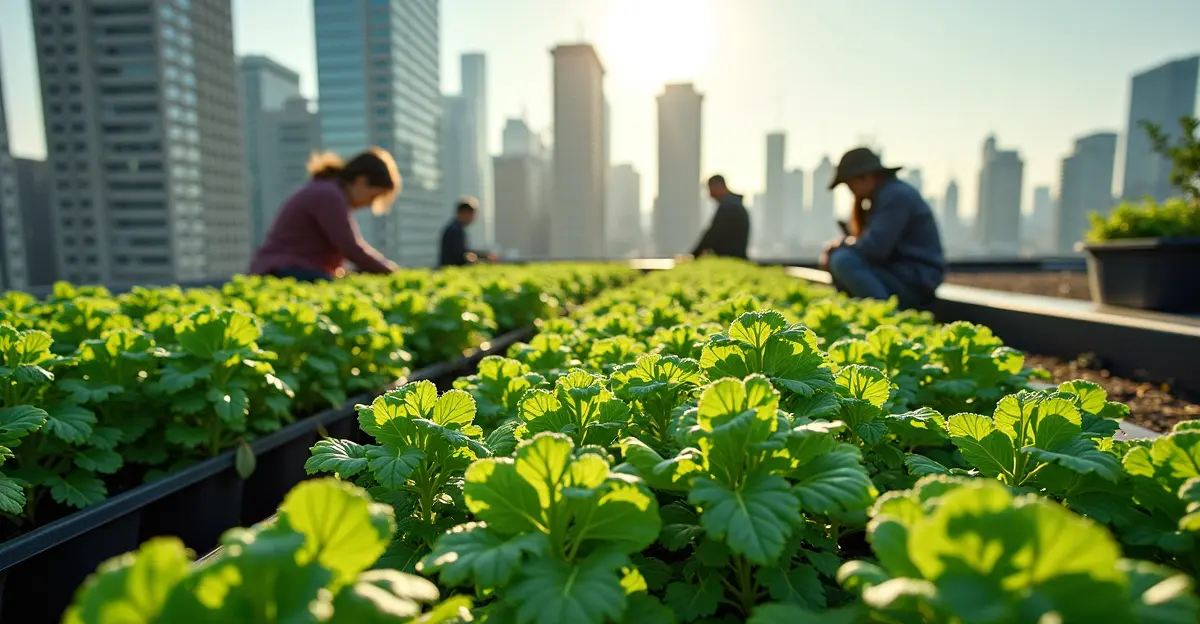
Brazil's Digital Agriculture Revolution Begins
Brazil has officially launched its National Smart Farming Policy, marking a significant step toward modernizing the country's agricultural sector through digital technologies and sensor-based solutions. The comprehensive policy aims to transform traditional farming practices into data-driven, sustainable operations that can boost productivity while minimizing environmental impact.
What the Policy Entails
The new policy introduces a framework for integrating Internet of Things (IoT) sensors, drones, satellite imagery, and artificial intelligence into Brazil's agricultural landscape. Farmers will have access to real-time data on soil conditions, weather patterns, crop health, and water usage, enabling more precise decision-making and resource allocation.
Key Components of the Initiative
The program includes several critical elements:
- Sensor Networks: Deployment of soil moisture sensors, weather stations, and crop monitoring devices across agricultural regions
- Data Analytics Platform: A centralized system for processing agricultural data and providing actionable insights
- Training Programs: Educational initiatives to help farmers adopt digital tools and technologies
- Financial Incentives: Subsidies and support for small and medium-sized farms to implement smart farming solutions
Environmental Benefits
One of the primary goals of the policy is to promote sustainable agriculture practices. By using precision farming techniques, Brazil aims to reduce water consumption by up to 30%, decrease fertilizer and pesticide usage by 25%, and lower greenhouse gas emissions from agricultural activities. The policy aligns with Brazil's commitments under the Paris Agreement and supports the country's transition to more climate-resilient farming systems.
Economic Impact
Brazil, as the world's second-largest grain exporter with 19% of the international market share, stands to benefit significantly from increased efficiency. The smart farming initiative is expected to boost agricultural productivity by 15-20% over the next five years, potentially adding billions to the national economy. The policy also aims to position Brazil as a global leader in agricultural technology innovation.
Implementation Timeline
The rollout will occur in phases, starting with pilot programs in major agricultural states like Mato Grosso, Paraná, and Rio Grande do Sul. Full nationwide implementation is expected within three years, with ongoing support and updates to keep pace with technological advancements.

 Nederlands
Nederlands English
English Français
Français Deutsch
Deutsch Español
Español Português
Português








